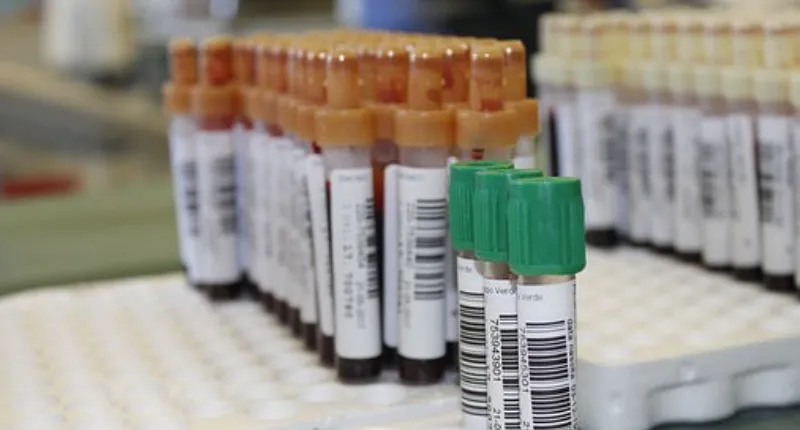We bring together researchers and students to understand the pathogenic mechanisms, diagnosis and treatment of human infections.

Our research bridges our strengths in laboratory-based enquiry using molecular genetics, metagenomics, biochemistry, cell biology, bioinformatics and structural biology, with rich clinical resources in microbiology, virology, sexually transmitted diseases and clinical trials.
A major thread running through our research is understanding how viruses and bacteria interact with and subvert their human hosts to replicate and transmit, and how infection- and vaccine-induced immunity protects us in the face of new and ever-evolving pathogens.
Our current areas of interest include:
- The immunopathogenesis of HIV/AIDS and SARS-CoV-2/COVID19, and global health strategies to diagnose and prevent their transmission.
- The subversion of innate immune responses in myeloid cells and at mucosal surfaces in the virulence of Salmonellae, Shigellae and Klebsiellae.
- Bacterial and viral persistence and the role this plays in the emergence of antimicrobial resistance and vaccine escape.
- The development of unified nanopore-based metagenomic sequencing methodology in clinical infection diagnostics and pathogen discovery.
- Understanding the role that mammalian proteins with direct antiviral activity play in the pathogenesis and emergence of diverse RNA and DNA viruses
- Harnessing biophotonics and single molecule imaging to understand the mechanisms of viral entry and assembly
- The regulation of RNA metabolism and membrane repair pathways in viral replication, fungal pathogenesis and cancer.
We provide high-quality teaching and training to the next generation of researchers in virology, clinical infectious diseases and diseases treatment.
We are home to the Infectious Diseases BioBank serving as a centralised specimen deposit for archiving and molecular analysis that assists researchers wishing to undertake cohort-based projects in areas such as HIV/AIDS, SARS CoV-2 infection or MRSA.